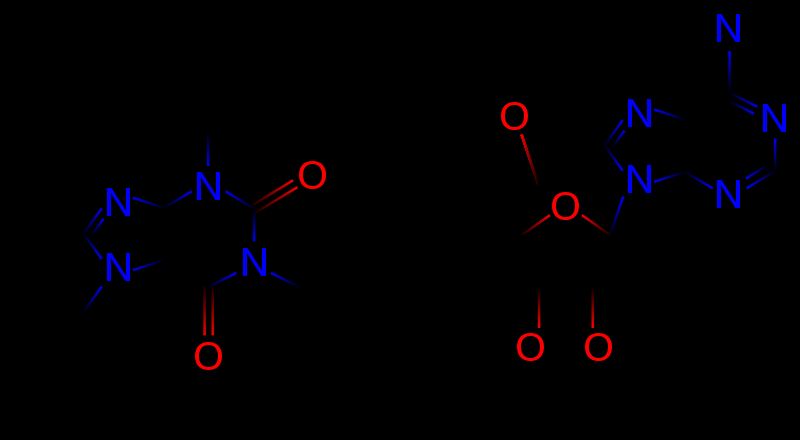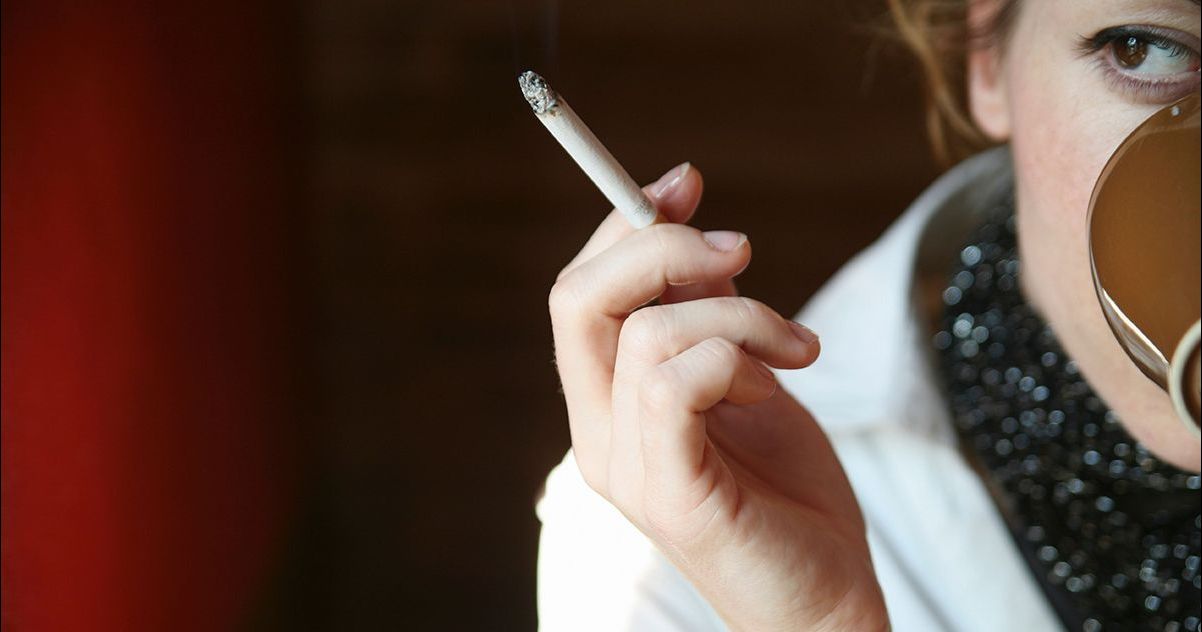Counter to what we have always believed, coffee, or any type of caffeine, does not make you feel awake and super jittery, by itself.
This is how caffeine really works:
In the simplest terms, caffeine tricks your brain into thinking it's something it really isn't. This world-renowned impersonator disguises itself as a neurochemical found in the brain called adenosine.
Adenosine is produced by neurons firing around in your brain.
Your nervous system is actively monitoring adenosine levels through receptors. Normally, when adenosine levels reach a certain point in your brain and spinal cord, your body will start making you feel sleepy. This is because your brain looks at adenosine as a sign that your brain is producing too many neurons and slows it down. There are a few different adenosine receptors throughout the body, but the one caffeine seems to interact with most directly is the A1 receptor.
When caffeine enters your body, it knows to head straight to the adenosine receptors in your system and, because of its chemical similarities to adenosine, it's accepted by your body as the real thing and gets into the receptors.
Caffeine actually blocks these receptors, and allows for dopamine and glutamate to be released freely without the receptors stopping them. These two chemicals being released will give you that rush of an awake feeling when you drink caffeine.
Let's look at it a bit simpler...
So caffeine doesn't actually give you that rush of energy, it just acts as a chill babysitter that is blocking the parents (the receptors,) and letting the kids (dopamine and glutamate) have fun and go crazy.
But unfortunately this effect never lasts. Eventually, your nervous system figures out what caffeine is doing and puts an end to it. This also has to do with your tolerance to caffeine, which can change based on your body type, weight and age.
How fast caffeine works can also be different for everyone based on a number of different factors. For example, women taking oral birth control require about twice as long to process caffeine. For regular smokers, caffeine takes half as long to process, which, in some ways, explains why smokers often drink more coffee and feel more agitated and anxious, because they're unaware of how their bodies work without cigarettes.
So long story short, caffeine doesn't actually make you more awake, but in a sneaky way it has your best interests in mind and helps you achieve that feeling by tricking your brain. Remember to thank your cup of coffee tomorrow morning for all it does for you.




